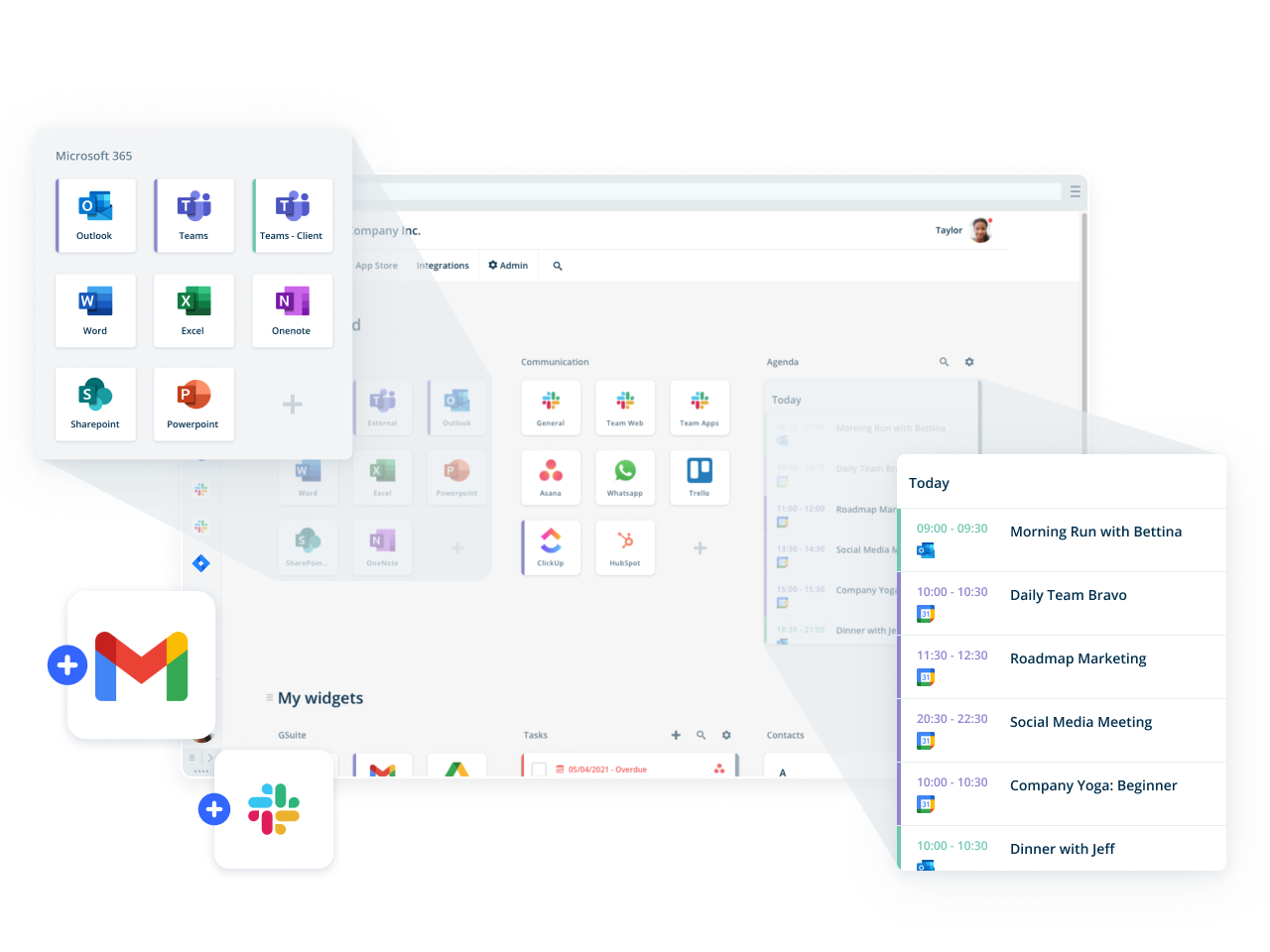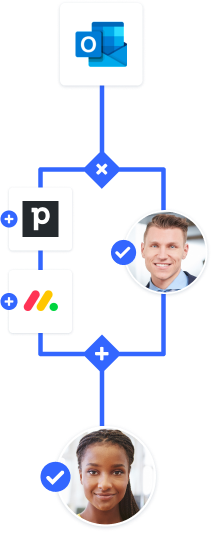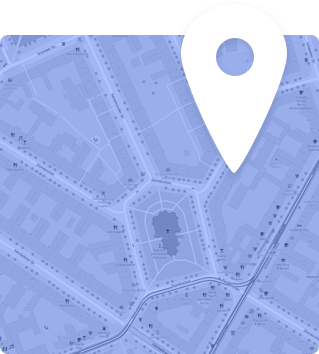
More than 8.500 teams

Users from 114 countries

4,7 Stars on G2
We are on track to revolutionize the way you work
More and more people are working remotely and in distributed, sometimes cross-organizational teams. We all communicate on many different channels in various tools and many are using an increasing numbers of cloud solutions. We are accelerating every day towards a more complex work environment. With Basaas, we enable seamless digital work for every employee while increasing productivity at the same time.
Although more than 8.500 organizations from around the world are already benefiting from Basaas, we are just at the beginning of an exciting journey. We will continue to develop Basaas rapidly and have big plans for the future.

Streamline automated and manual workflows across all apps soon
Our vision is one overarching enterprise solution that unifies all apps, data and workflows. Streamlining workflows across apps and beyond teams is a key building block of the Connected Enterprise. We are already working hard on Basaas Flows, our third tool that will perfectly complement Basaas Workplace and Basaas Tasks. With Basaas Flows you will be enabled to manage all your workflows across your entire organization. You will soon be able to combine automated data flows with human interaction within one tool.
To reach this Basaas is a key player in the Open Integration Hub project. Together with many other partners, we are developing an open-source framework for standardized data synchronization and process integration. By resolution of the German parliament (Deutsche Bundestag), Basaas receives a significant grant from the Federal Ministry of Economics for its development.

Basaas Team







Basaas office in Berlin is a place where revolutions begin
Basaas is located in the former community center of the Zionskirche (Zion church) in Prenzlauer Berg, perhaps the hippest district in Berlin. We are particularly inspired by the impressive history of our office. The old environmental library (Umwelt-Bibliothek) was located in the same rooms where we work today before the fall of the Berlin Wall.
In addition to the collection of mostly banned books and magazines on environmental and human rights issues, the library also served as a place for conspiratorial meetings of GDR oppositionists. The journal Telegraph, published and printed by the Umwelt-Bibliothek in our todays office, was the only oppositional journalistic GDR publication. Until the revolution in autumn 1989, the activists of the Umwelt-Bibliothek were involved in all major actions of the Berlin opposition groups, which eventually led to the fall of the Berlin Wall.
